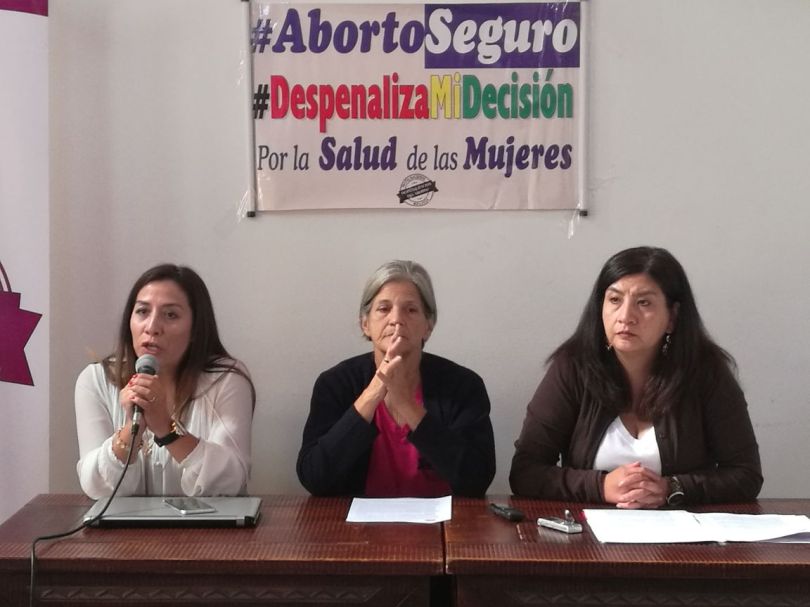At 49, Amy Coney Barrett is four years older than me, and has just been given a lifetime appointment to the US Supreme Court. Her appointment is the culmination of a generation of efforts by the Federalist Society and allies to engineer the Supreme Court into a brake on the emerging social democratic politics of a multiracial and economically unequal America. It is the last act of an unprecedented decade of obstruction of Federal judiciary appointments by a Republican Senate majority that represents a minority of Americans. Barrett herself is the standard-bearer of a judicial philosophy that upholds the intentions of eighteenth century lawmakers in a twenty-first century society, as well as personally committed to religious and community politics that would roll back a half-century of feminist social transformation.
Despite all this, our existing institutional arrangements will give Amy Coney Barrett the power to review the laws of this country well into the 2060s, long after the United States has ceased to a majority-white country, and when Millennials and Generation Z will rightly be democratically shaping their own present and future.
I promise you that the Constitution itself is less sacred than the right of my children and children’s children to not have their freedom overseen by Amy Coney Barrett in 2060.
So how can we prevent that future? Here’s a list of strategic options, including those already in circulation, for the coming months and the years and decades beyond. We too can strategize in terms of decades, outflanking the regressive minority that brought us Justice Barrett.
- First, our mentality must change. We must divest ourselves of the notion that the current Constitution and the Supreme Court are sacred. Only rarely has the Court marched ahead of society in the fight for greater justice (notably, Brown v. Board of Education, Miranda); mostly it has played a role of cementing widespread changes already underway (Roe, Obergefell), or even worse standing in the way of transformative progress (Bakke) and rolling back critical protections (Shelby County v. Holder). If we want a visionary court again, we will have to fight for one, and not offer compromise justices that split the difference between the parties (looking at you, Merrick Garland) or between liberal identity politics and corporate power (Elana Kagan). With respect to the Constitution, virtually every other country in the world has written a new constitution since 1945, and collective notions of human rights have dramatically expanded worldwide. We’re overdue to catch up. The trifecta of an unrepresentative Senate, a majority-canceling Electoral College, and a lifetime-appointed Supreme Court is no holy trinity. Get over your allegiance to these institutions and the flawed, outdated and political document that created them.
- Supreme Court expansion: Comes in two flavors: partisan retribution (you got 3, we get 3) and fundamental rethink (let’s have many more justices and a less-partisan process). Biden seems down for legal scholars to sort this out.
- Impeach Brett Kavanaugh, who committed perjury in his nomination hearings. Congress could do this. Controversial, but not as controversial as having someone who lied about sexual assault sitting on the court for a generation.
- Expand and nominate to the Federal judiciary: There really is a backlog of cases in the Federal courts and plenty of candidates waiting.
- Amend the constitution and enshrine the rights Barrett doesn’t believe in. While constitutional amendment is an exhausting process, the Equal Rights Amendment has already been ratified by 38 states, and just needs formal acceptance and some legal defense. A Biden administration could do this unilaterally, though there will be legal wrangling to follow up.
- Legislate Roe. There’s draft legislation to do this, the Women’s Health Protection Act: “A health care provider has a statutory right under this Act to provide abortion services, and may provide abortion services… without any of the following limitations or requirements.” This legislation does away with a generation of debate as to whether the Constitution itself provides the right to abortion, by making that right a matter of law.
- Make human rights treaties legally enforceable in Federal Courts. The US is signatory to a raft of global and hemispheric treaties enshrining a variety of human rights, but their enacting legislation prohibits citizens from raising claims from them in court. Reverse this.
- Ratify the American Convention on Human Rights and thereby allow the Inter-American American Court on Human Rights to issue binding protections for human rights, reviewing Supreme Court rulings. This is the system that most of the hemisphere lives under, and it sets a high floor for human rights across Latin America.
- Incorporate radical transformations of our country’s identity, institutions, and constitution into mass movements. Much of my last dozen years has been spent documenting how social movements revolutionized Bolivian politics. One important ongoing demand of those movements was radical constitutional reform in which everyday people and grassroots leaders rewrote the constitution from top to bottom. New visions were inserted and old structures abolished. What made this process possible was that instead of thinking about a “movement to amend” the political structures of society, this was a movement to reconceptualize what Bolivia is, into a plurinational, autonomy-centered society in which indigenous peoples rule themselves. Everything from history to national identity sense of self was up for grabs. A new constitution was the by-product of far more radical transformation.
- Keep fighting for the world we want. Don’t get locked in a defensive crouch about Barrett and her five new best friends. When they come to say we can’t have universal health care, stabilize the Earth’s climate, remake criminal justice, or rethink our society, take those moments as opportunities to re-build the kinds of institutions we need to achieve these real goals.
As the United States’ overly romanticized Founding Fathers once wrote, “whenever any form of government becomes destructive of these ends, it is the right of the people to alter or to abolish it.”



 Minister Campero
Minister Campero